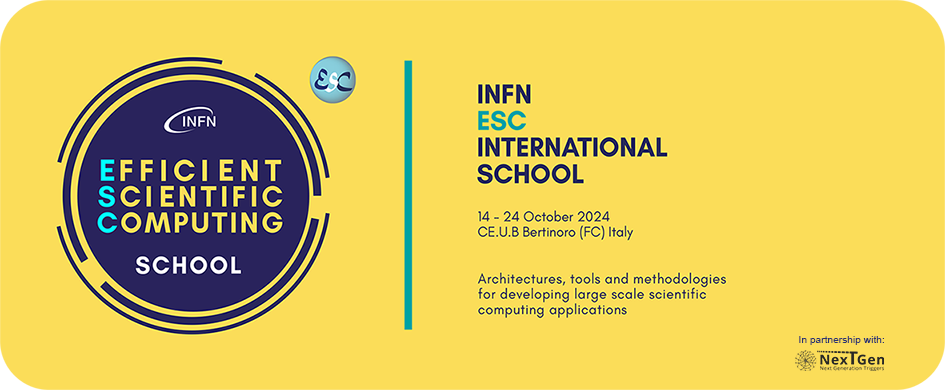Introduction
Large-scale computing resources are routinely used in an ever-increasing number of scientific applications to push the frontiers of knowledge. Continued progress in shrinking the physical size of the basic processing and storage elements, and the explosion in the market for digitally enabled consumer products, will allow the scale of the potential performance of future computing systems to continue to expand. However, translating this progress into real benefits for science will require, more than in the past, the orchestration of large and coherent efforts in many areas of software development.
Particularly critical in the coming years will be the advent of advanced hardware with large numbers of CPU cores, accelerators and specialised coprocessors, which will increase the intrinsic computing power without a corresponding increase in memory bandwidth.
The complexity of the architectures and the mismatch with existing application software will require fundamental redesign and rewriting of application software for greater parallelism in order to perform well on future systems.
The aim of the school is to raise awareness among the new generations of scientists who will have to face these future challenges of the importance of developing the skills and competences to develop efficient applications.
Target audience
The School's programme is primarily aimed at PhD students, post-docs and young researchers who are actively involved in the development of scientific applications and systems. Although several topics are introduced without assuming any specific previous knowledge, practical experience with basic concepts of the C++ language is required to fully assimilate the material presented in the school.
Format of the school
ESC is an opportunity to learn but also to relax, enjoy what the area has to offer and to socialize.
Presentations will be in English and structured around two main tracks, interspersed with tutorials and hands-on sessions that will provide opportunities for learning by doing with direct application of tools and technologies, as well as for interaction between students, lecturers and tutors.
Some special presentations are also planned to stimulate broader interest and exchange of experiences.
On the last day of school, students will have the opportunity to test their knowledge by taking a written exam. A certificate of attendance will be given to all participants, together with the results of the test, if requested.
The total number of hours dedicated to lectures will exceed the minimum required by Italian universities for the school to be recognised in the curriculum of doctoral students.
Board and lodging
Students and teachers will be accommodated in the Bertinoro University Center. Breakfast, lunch and dinner will be served in the Bertinoro canteen, while the social dinners will be organized in restaurants. For further information visit the "Practical Information" page.

